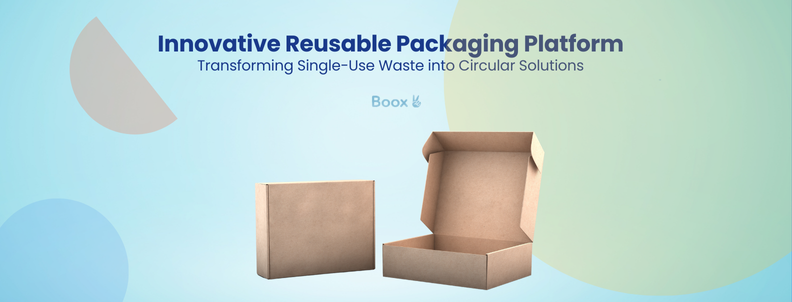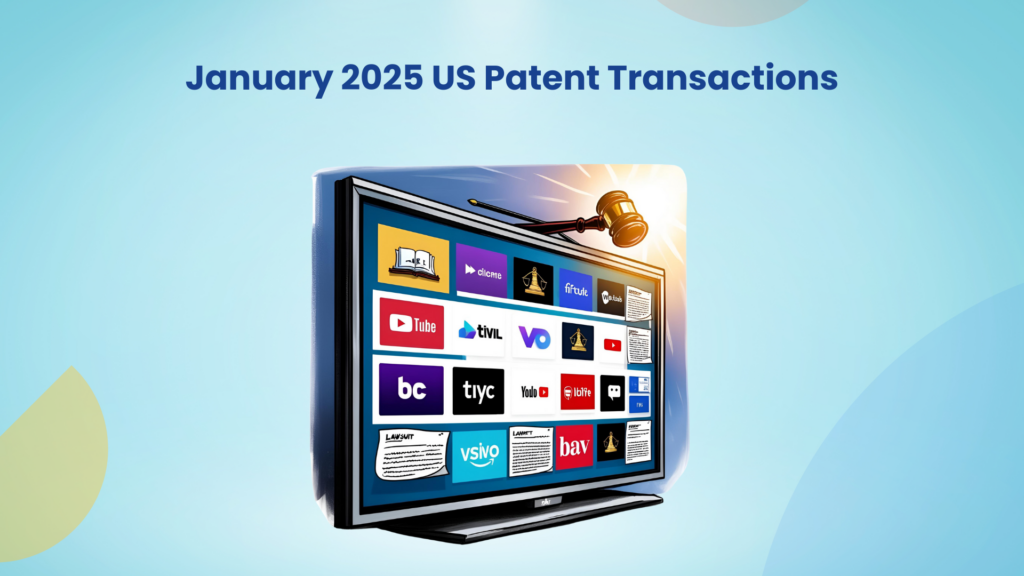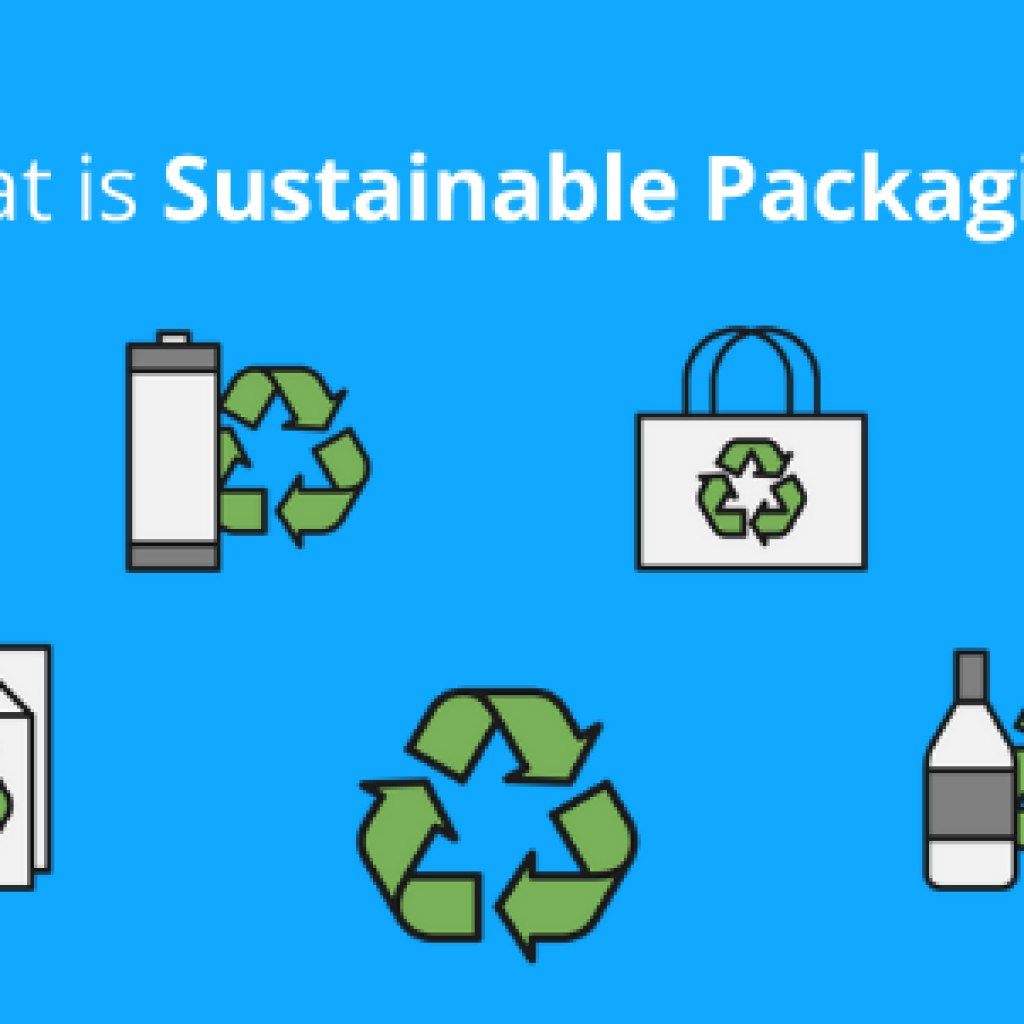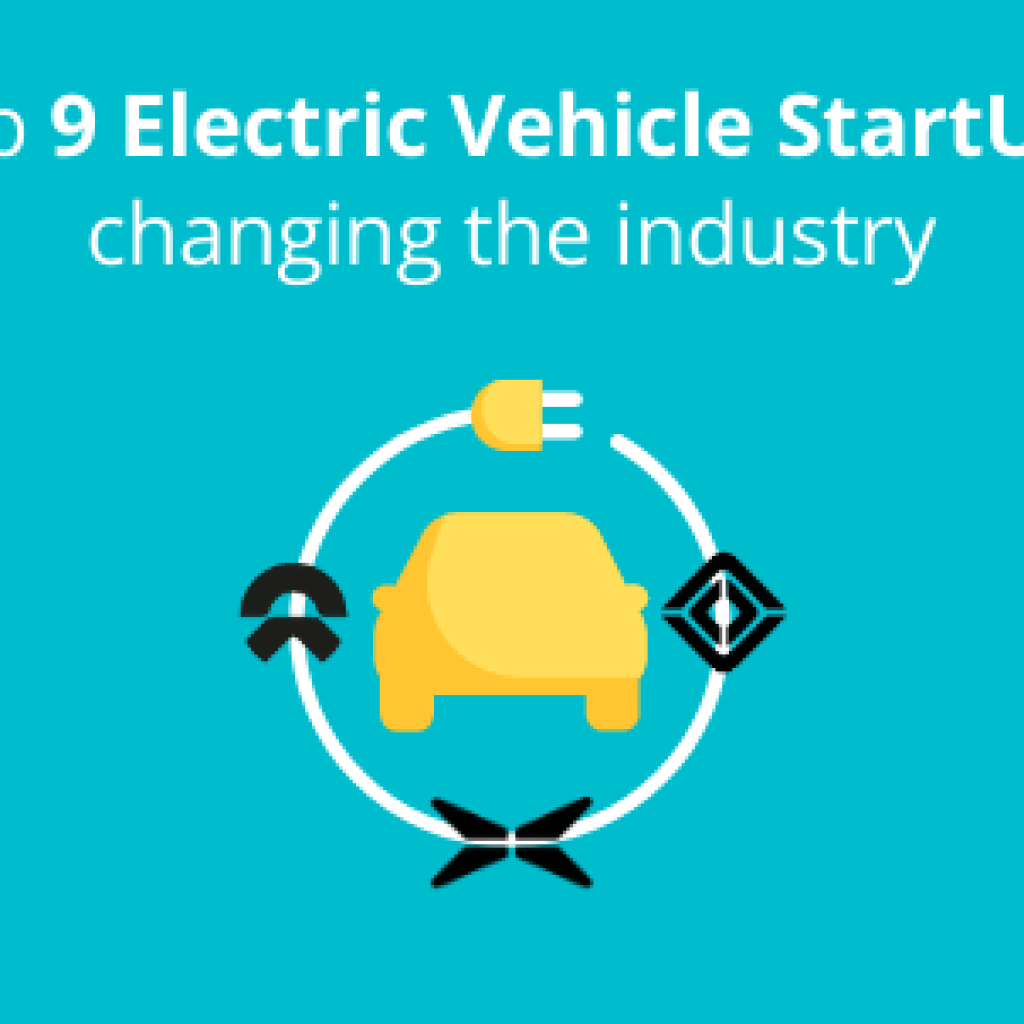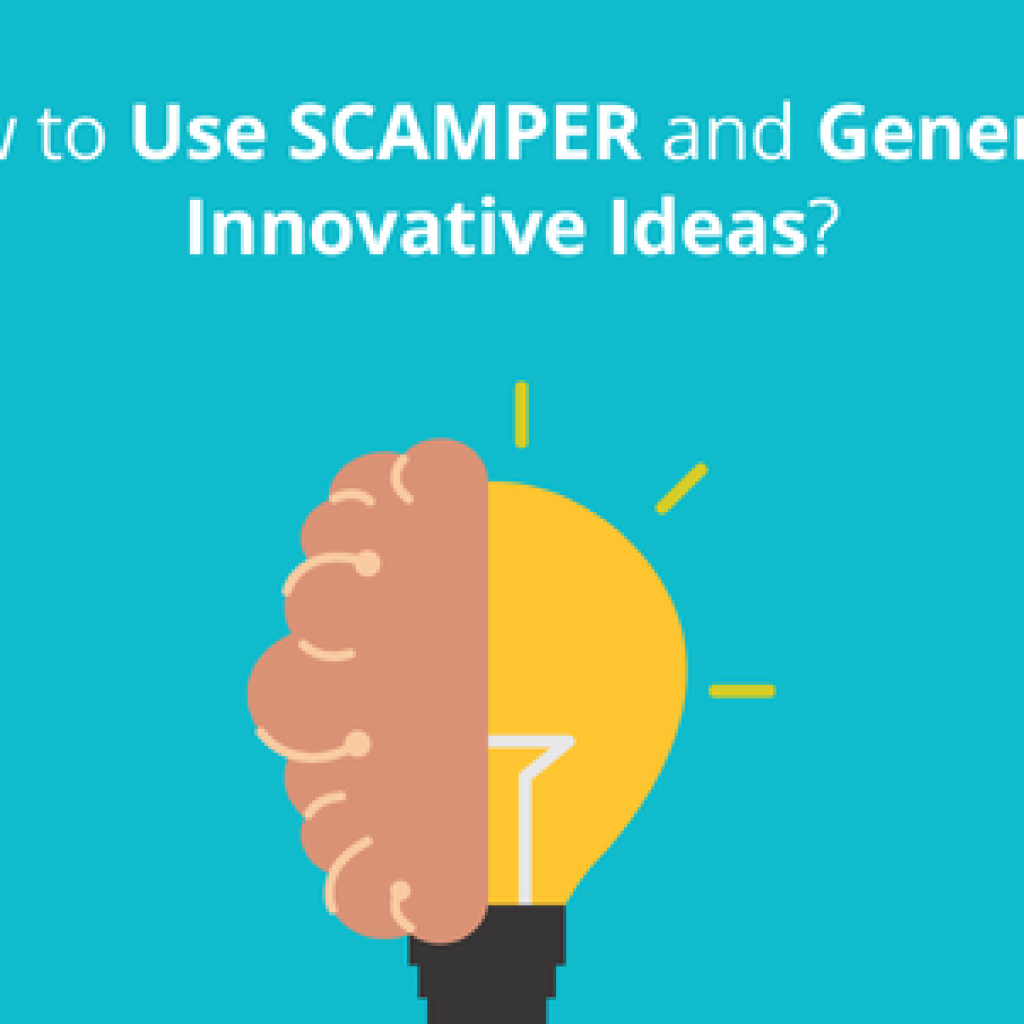Regulatory bodies, especially in Europe and the U.S., are implementing stricter standards on recyclability and reuse, compelling companies to adopt sustainable practices. In response, the packaging industry is moving toward circular economy models that focus on reuse and sustainability. Startups like Boox are offering reusable packaging solutions that help reduce waste and support the shift toward a greener future.
We spoke to Matt Semmelhack, the founder of Boox, to better understand the company’s approach and its potential implications for the industry.This interview is part of GreyB’s Scouted series. In this series, we spotlight innovative startups and speak to their founders about how their solutions can revolutionize the industry by solving problems. You can find all those interviews here. You can find all those interviews here.
We don’t think of ourselves as a packaging company. We think of ourselves as a platform for circular economy and reuse. We’re enabling companies to reuse things that formerly were only single-use.
– Matt Semmelhack

Matt Semmelhack, founder of Boox, represents the spirit of entrepreneurial change. Originally in the restaurant business, his career shifted when he saw the environmental harm caused by single-use packaging, sparking his passion for sustainability. He applied his creativity to the packaging industry, showing that business success and sustainability can work together. Known for his hands-on leadership, Semmelhack continues pushing for change and inspiring innovation in digital retail.
Want to know how Boox is doing it? See for yourself.
Overview: Boox’s Reusable Packaging Platform for Circular Economy
Boox offers an innovative solution to the environmental problem of single-use packaging waste by developing reusable packaging systems that seamlessly integrate with current logistics. Unlike traditional packaging companies, Boox focuses on a circular economy model, where its durable packaging products can be returned, cleaned, and reused multiple times. Their platform encourages consumer participation through incentives, making engaging in sustainable behavior easier and more convenient. Boox’s technology reduces the environmental footprint by eliminating the need for constant production of new packaging, aligning with businesses’ goals to minimize waste and support sustainability.
Short on time?
Here are key highlights from the discussion.
Highlights from the conversation with Founder Matt Semmelhack
Boox’s packaging costs are comparable to traditional options. How have you maintained price parity while ensuring sustainability?
It took us time, but we always priced our products on par with cardboard boxes, knowing clients would only switch if costs were the same or lower. Switching costs for large brands are significant, so we had to make it financially appealing. As a venture-backed startup, we initially lost money but aimed to lower costs as we scaled. About 18 months ago, we reached that scale and achieved profitability, a major milestone for us.
How does Boox balance operational costs and profitability while maintaining a collection network for reusable packaging?
Throwing something away might seem more convenient, but it’s often unpleasant. With Boox products, including reusable boxes and bags, customers can return them locally or, in some cases, through mail, making it as easy as discarding them. Importantly, we don’t need all items returned to reduce environmental impact. If not returned, they can be recycled curbside, which is still better than discarding a single-use cardboard box.
You mentioned that Boox doesn’t need to recover all packaging. What are the current recovery rates for your products?
Return rates vary widely by brand, ranging from under 5% to over 65%. Factors like priming consumers with information, offering incentives, and follow-up reminders can significantly boost returns. For example, an email informing customers their order will arrive in a reusable Boox box, followed by a reward reminder inside the packaging and a final nudge to return it. Subscription companies tend to have the highest return rates as customers become familiar with the process over time.
With the focus on sustainability, are there any competitors offering similar solutions, and how does Boox stand out?
There are competitors in sustainable packaging, but none do exactly what we do. Compostable and recyclable solutions aren’t truly circular, and reusable options are often generic containers lacking customization. We’ve succeeded by offering brands low-cost, customizable packaging that fits into their existing operations while also planning for future infrastructure changes. This hybrid approach has helped us outpace most competitors.
Can you share the measurable environmental impact Boox has achieved in terms of reducing carbon footprint and promoting recyclability?
Globally, most regions, except the U.S., are pushing for higher recyclability and reusability standards, with the EU leading the way. In the U.S., regulations are emerging, particularly in California, which reduces single-use items. Larger companies are now planning ahead for future regulations and are reaching out to us for solutions, even if they aren’t ready to switch yet. Since we started, it’s exciting to see this shift in consumer behavior and regulatory focus.
What are Boox’s upcoming challenges, and how do you plan to expand the company’s impact and operations in the future?
We’ve begun expanding beyond our core focus of e-commerce packaging. Initially, we targeted smaller, direct-to-consumer brands that could more easily adopt sustainable packaging. Now, we’re moving into larger household brands, which presents greater logistical complexity. We’re also scaling to new regions—we currently operate in the U.S., UK, and Canada, and we see strong potential in Japan due to its culture of reuse and circularity. Expanding into new markets and working with larger companies is our key focus.
Meet our Interviewer – Shabaz Khan, Marketing Manager at GreyB

Shabaz Khan, a seasoned marketing manager at GreyB, leads the Scouted By GreyB campaign. With a decade of experience, he specializes in delivering critical insights to Innovation leaders, R&D, and IP teams about evolving tech landscapes, innovation trends, and emerging breakthrough startups. Shabaz excels at aligning research data with business needs and developing strategies to solve innovation challenges. His leadership and problem-solving skills make him a valuable asset in R&D and IP research.
Want to be featured in Scouted by GreyB? Join a conversation with our experts and showcase your groundbreaking technology.
Book your slot today!
Authored By: Ridhima Mahajan, Marketing

